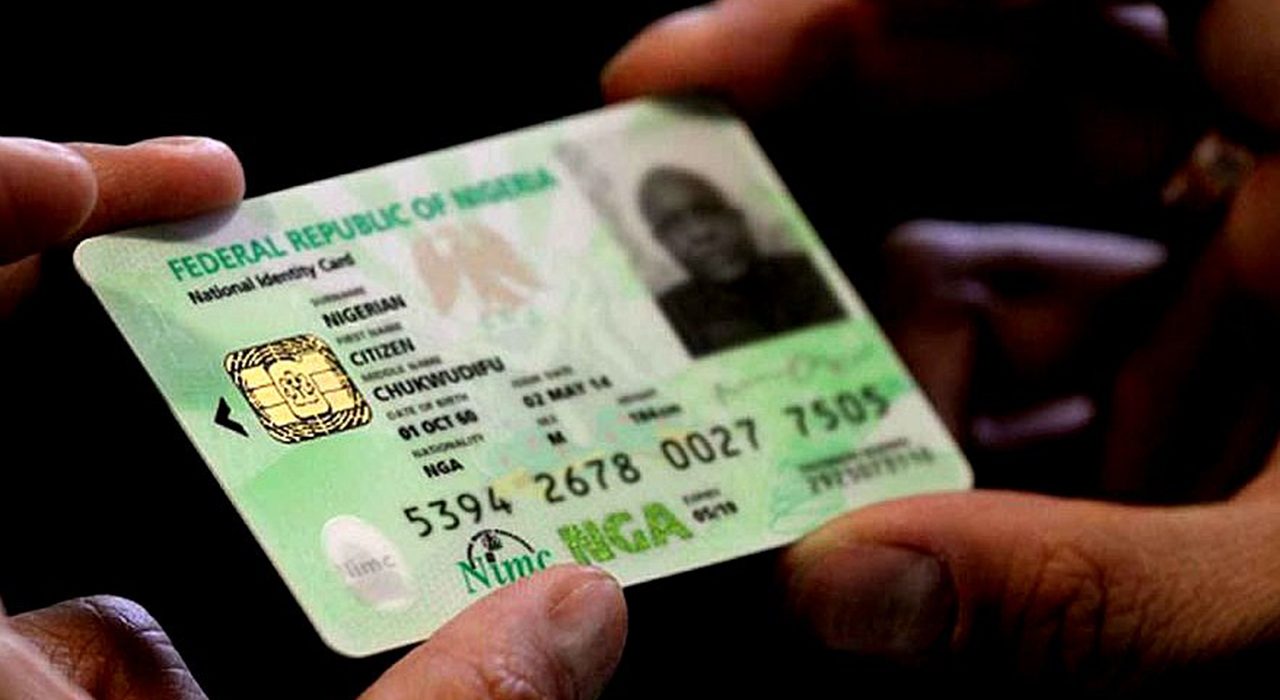ABUJA — The Federal Government has unveiled plans to link Nigerians’ credit scores to their National Identification Number (NIN) as part of a sweeping reform to improve access to credit, promote financial inclusion, and enhance the integrity of the country’s lending ecosystem.
The initiative, announced on Tuesday, June 25, 2025, is being driven by the Ministry of Communications, Innovation and Digital Economy in collaboration with the Central Bank of Nigeria (CBN), the National Identity Management Commission (NIMC), and licensed credit bureaus.
According to officials, the integration will enable financial institutions, fintechs, and micro-lenders to better assess the creditworthiness of individuals using a unique and verifiable national identifier, thereby reducing loan default rates and expanding credit opportunities, especially for the underserved.
Speaking during a stakeholders’ forum in Abuja, the Minister of Communications, Innovation and Digital Economy, Dr. Bosun Tijani, stated that the reform is part of the broader Digital Public Infrastructure (DPI) agenda to digitise key government and economic systems.
“We are laying the foundation for a credit economy where every Nigerian—regardless of income level or employment status—can build a trustworthy digital financial profile. The linkage between credit scores and NIN will allow lenders to make faster, fairer, and more secure lending decisions,” Dr. Tijani said.
The Minister also noted that the move will boost investor confidence in the financial system by improving transparency and accountability in loan servicing.
Currently, many Nigerians are excluded from formal credit systems due to lack of verifiable credit history. Officials say the NIN-based scoring framework will capture informal financial behavior, such as regular mobile money use or utility payments, and convert them into credible credit data.
Also speaking at the event, representatives from credit bureaus and the CBN expressed support for the reform, noting that it will enhance borrower profiling and drive down interest rates in the long term through improved risk analysis.
However, stakeholders also raised concerns about data privacy and protection, urging the government to implement clear safeguards to prevent misuse of sensitive financial and identity data. In response, the Ministry assured Nigerians that all credit data will be managed under the Nigeria Data Protection Act and processed in compliance with global standards.
Pilot implementation is expected to begin in the third quarter of 2025, starting with select financial institutions and fintechs, before a phased nationwide rollout.
